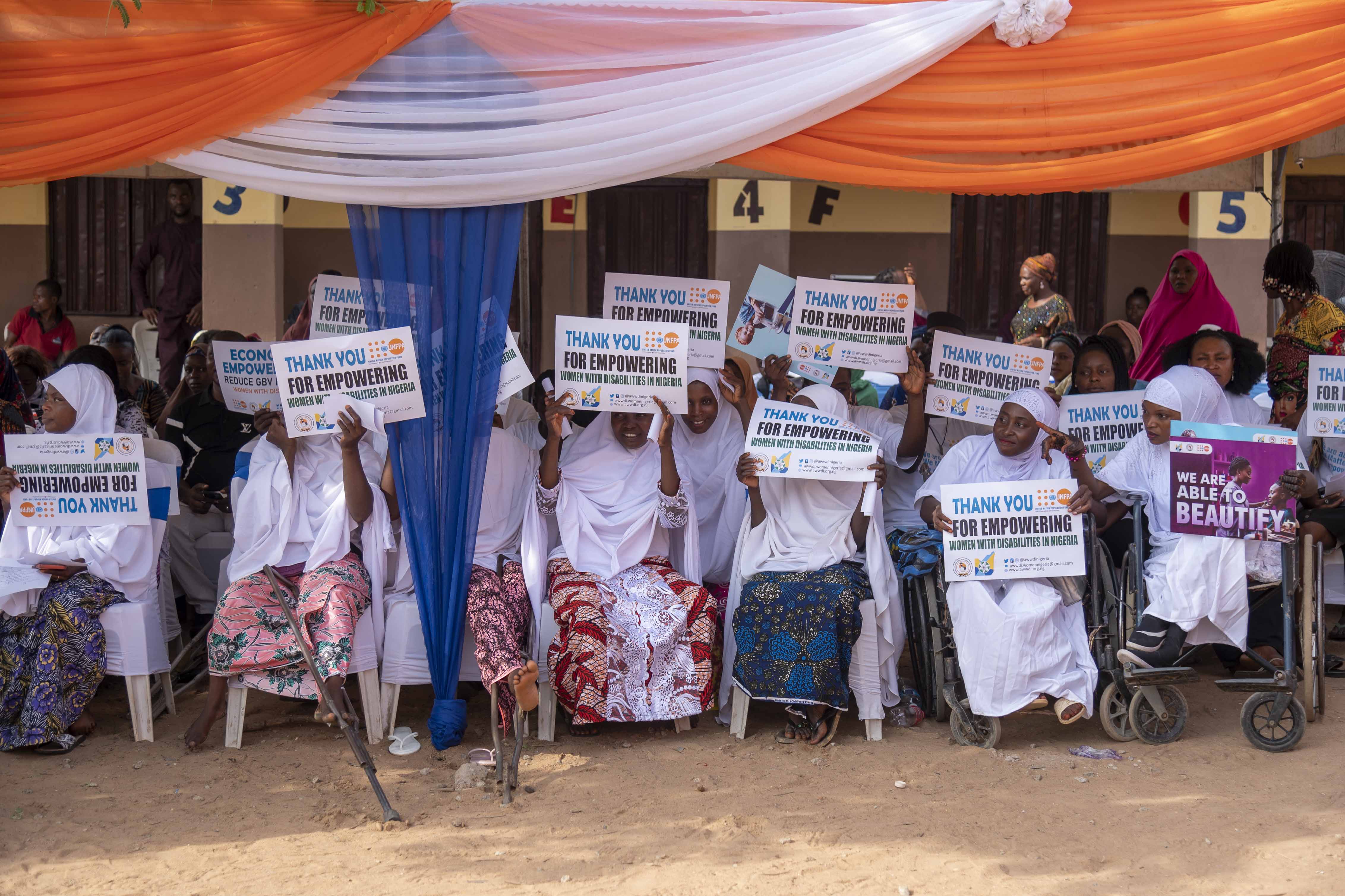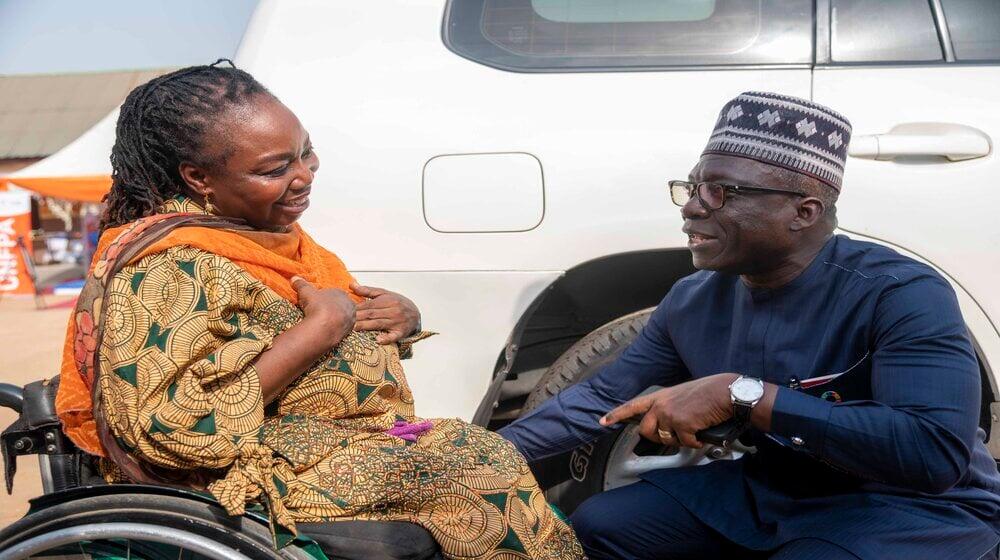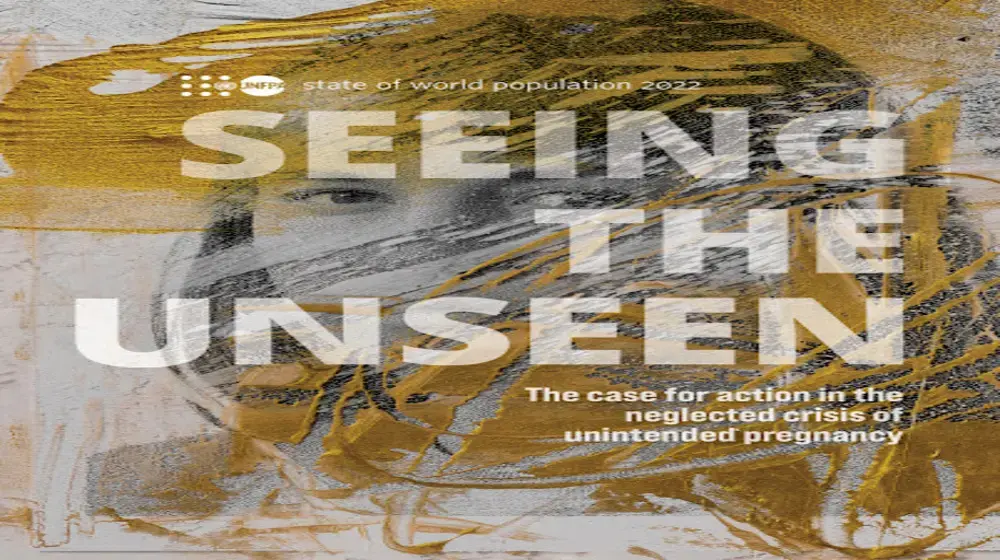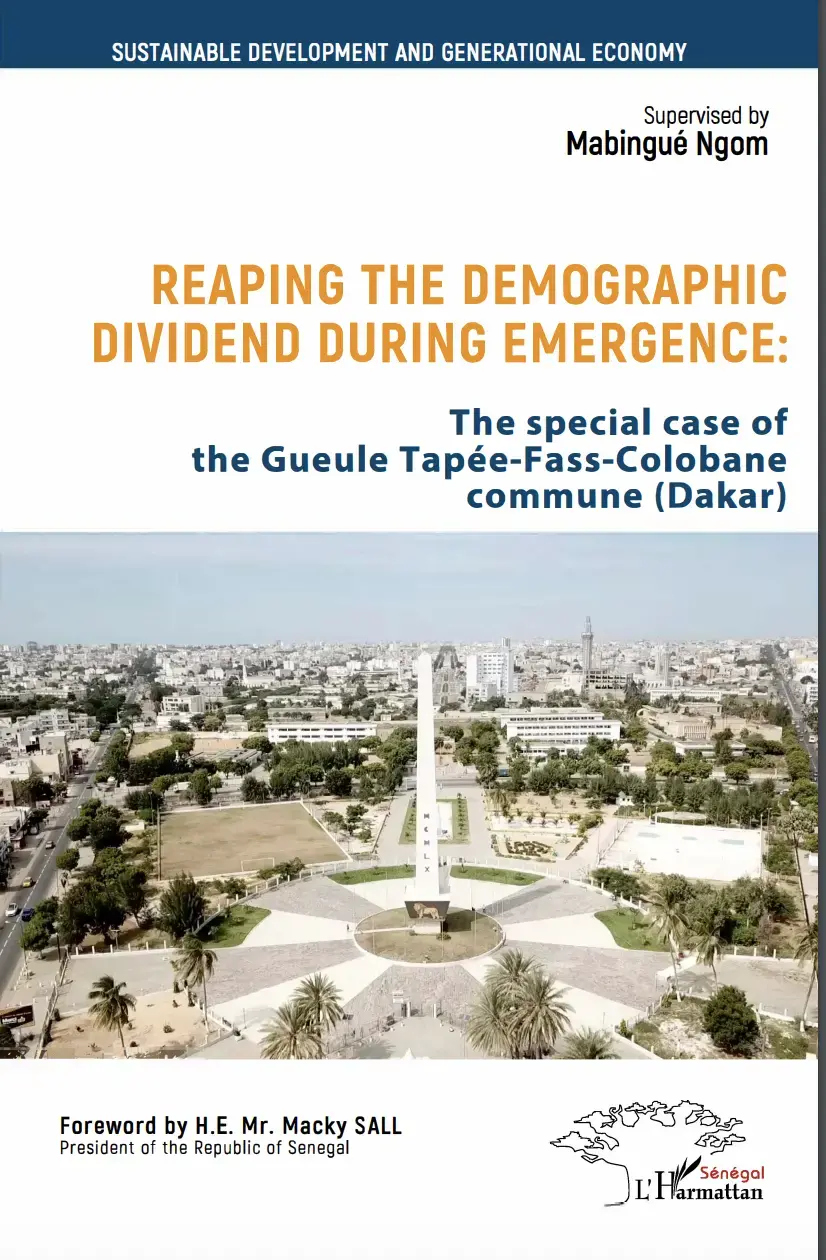In Abuja's Karonmajiji community, a group of seventeen women and one man with disabilities celebrated a significant achievement as they graduated from the United Nations Population Fund's (UNFPA) Skills Acquisition Programme. Over the past five months, these individuals have dedicated themselves to learning new skills, setting the stage for a brighter future.
The programme, which commenced in December 2023, offered training in various fields including tailoring, hairstyling, cosmetology, and poultry farming. Among the graduates is Adebayo Idowu Omeiza, who now possesses the skills to venture into poultry farming. Reflecting on the impact of the programme, he acknowledged the newfound sense of purpose and independence it has provided. "Life has not been easy but this programme has helped us understand that we are useful in the community and that we have a lot to offer to people - we do not have to depend on anybody for our livelihoods,” he said.
Mary Usman, another graduate specializing in tailoring, echoes Omeiza's sentiments, emphasizing the importance of economic self-sufficiency for individuals with disabilities. "I really appreciate UNFPA for supporting women with disabilities because it was difficult for us to care for ourselves before.” Dr. Sennen Hounton, the UNFPA Regional Director for West and Central Africa, praised the graduates for their dedication to mastering new skills. He emphasizes the significance of economic empowerment in granting access to essential services, particularly in the realm of sexual and reproductive health.

“When women are empowered and included in society they can change the nation, and that is the importance of this programme. The essence of what we are doing today is to ensure that no one is left behind. In the world today we have eight billion people and one billion of them are living with some form of disability,” he said. "Women with disability are 10 times more likely to experience Gender-Based Violence and most of the time are prevented from accessing sexual and reproductive health services", he added.
UNFPA also supported the community's Primary Healthcare Centre (PHC) with basic renovation and created an overflow area to accommodate more persons with disability.
He added that increasing the access to medical care would reduce maternal mortality rate."At UNFPA, we strive for each pregnancy to be by choice and not by chance, zero GBV and zero maternal deaths,” he said.
As the ceremony drew to a close, Mr. Kolawole Jaiyeoba, representing Advocacy for Women with Disability, commended UNFPA's initiative in fostering independence and confidence among the graduates. Many were forced to beg but the programme has taken them off the streets. Each graduate received tools of their trade as they prepare to embark on their new journeys.






